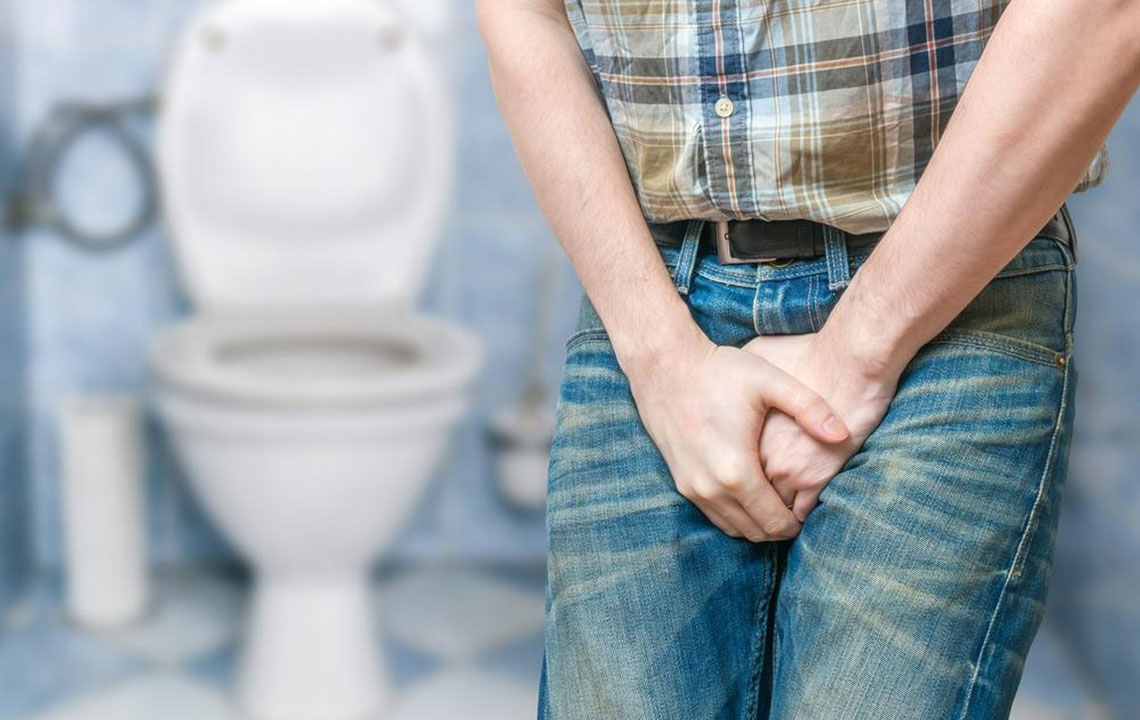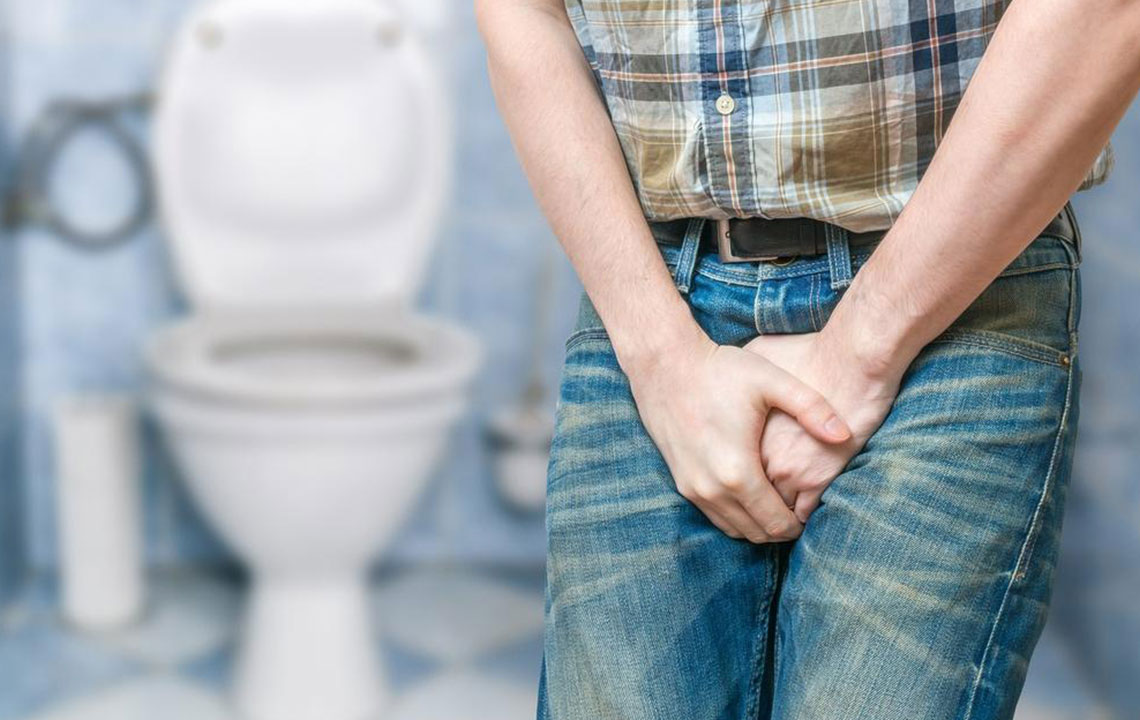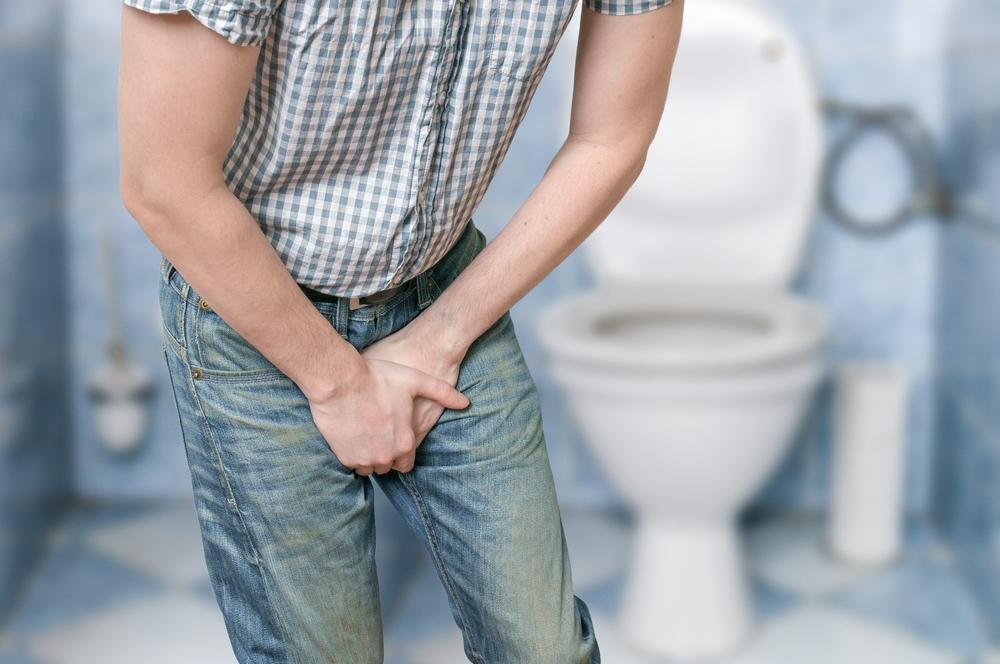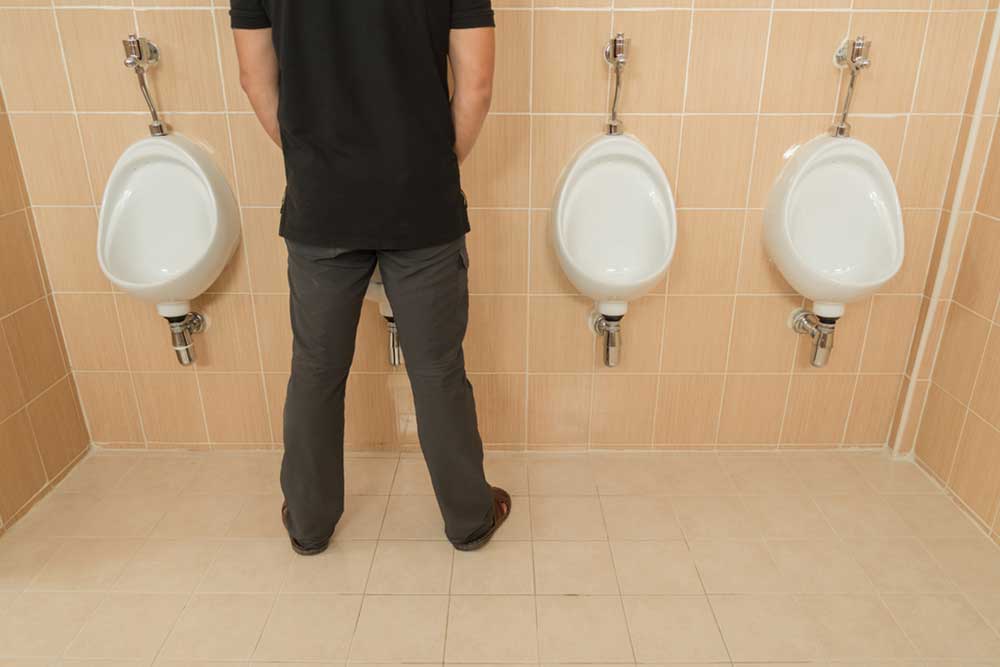Comprehensive Guide to Managing Frequent Urination in Women: Causes and Treatments
This comprehensive guide explores the causes, symptoms, and treatment options for managing frequent urination in women. From infections and hormonal changes to lifestyle modifications and medical interventions, learn how to regain control and improve quality of life with expert tips and strategies.
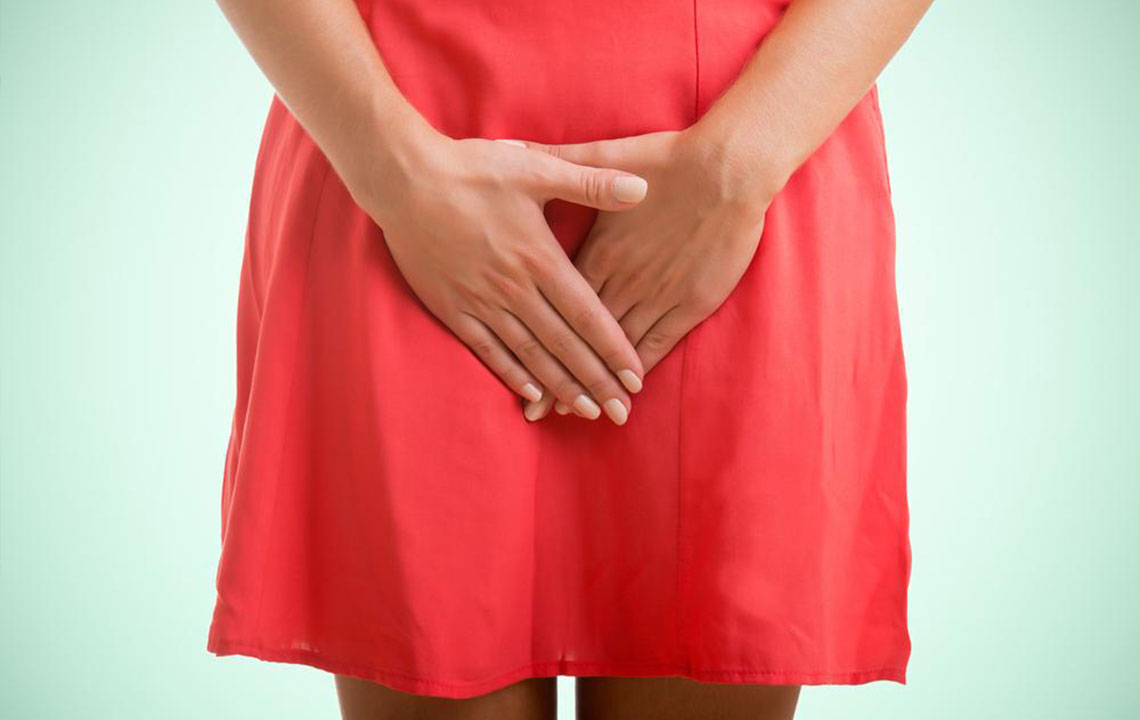
Understanding and Managing Frequent Urination in Women: Causes, Symptoms, and Effective Treatments
Frequent urination, a condition characterized by needing to urinate eight or more times within a 24-hour period, affects many women worldwide. While urinating frequently can be normal under certain circumstances, persistent or sudden increases in urination frequency may indicate underlying health issues that require medical attention. This comprehensive guide explores the various causes of frequent urination in women, symptoms to watch for, and effective management and treatment options to improve quality of life.
Frequent urination is a common concern among women of all ages, and understanding its root causes is essential for proper diagnosis and management. From urinary tract infections to hormonal changes, a wide array of factors can influence bladder health. By recognizing symptoms early and adopting appropriate treatment strategies, women can regain control over their bladder functions and reduce discomfort.
Common Causes of Frequent Urination in Women
Understanding the primary reasons behind frequent urination is crucial for effective management. The following are some of the most prevalent causes:
Urinary Tract Infections (UTIs): UTIs are one of the leading causes of increased urination. These infections occur when bacteria invade the bladder, causing inflammation and irritation. Factors such as dehydration, poor genital hygiene, delayed urination, pregnancy, sexual activity, and underlying conditions like diabetes can increase susceptibility. Symptoms often include a burning sensation during urination, cloudy or foul-smelling urine, and pelvic discomfort.
Overactive Bladder (OAB): Overactive bladder leads to sudden, uncontrollable urges to urinate. It is frequently associated with decreased estrogen levels post-menopause, which affects the elasticity of the bladder. Obesity, neurological conditions such as multiple sclerosis, and injuries to the nerves controlling bladder function also contribute to this condition.
Pelvic Floor Muscle Weakness: The muscles supporting the bladder and pelvic organs weaken over time or after childbirth, impairing bladder control. This can result in frequent urination and sometimes incontinence. Aging naturally causes some decline in muscle tone, but physical therapy and exercises can strengthen these muscles.
Diabetes Mellitus: High blood sugar levels in diabetic individuals cause the kidneys to work overtime to eliminate excess glucose, leading to increased urination. Chronic uncontrolled diabetes can significantly impact bladder habits and overall health.
Interstitial Cystitis or Bladder Pain Syndrome: A chronic condition characterized by bladder pressure, pelvic pain, and urgency to urinate. Although its precise cause remains unknown, it significantly affects quality of life and requires specialized management.
Pregnancy: The expanding uterus during pregnancy exerts pressure on the bladder, leading to increased frequency of urination. This is a normal physiological change during pregnancy but can be bothersome, especially in the later stages.
Other Causes: Bladder stones, tumors, or malignancies, as well as radiation therapy involving the pelvic area, can also cause symptoms of frequent urination.
Signs and Symptoms to Watch For
While frequent urination can sometimes be a benign condition, certain symptoms indicate more serious underlying issues:
Persistent urge to urinate with little output
Blood in the urine (hematuria)
Pain or burning sensation during urination
Pelvic or lower abdominal pain
Fever or chills in case of infection
Incontinence or leakage
Recognizing these signs early and consulting a healthcare professional can lead to timely diagnosis and management, preventing complications.Effective Management and Treatment Strategies
Managing frequent urination involves addressing its underlying causes through lifestyle modifications, medical treatments, and sometimes behavioral therapy. Here are some essential approaches:
Addressing Urinary Tract Infections: Antibiotics are the primary treatment for UTIs. Completing the prescribed course ensures complete eradication of bacteria and prevents recurrence.
Pelvic Floor Exercises: Kegel exercises strengthen the pelvic muscles, improving bladder control and reducing urgency. Regular practice is highly effective and can be combined with physical therapy if needed.
Dietary Adjustments: Limiting bladder irritants such as caffeine, alcohol, spicy foods, and artificial sweeteners can reduce symptoms. Staying well-hydrated with water is also crucial, but excessive fluid intake should be avoided.
Bladder Training: Techniques like scheduled voiding and delaying urination can help train the bladder to hold urine longer, decreasing urgency over time.
Managing Underlying Conditions: Effective blood sugar control in diabetics, hormonal therapy post-menopause, and treatment of neurological issues are vital for reducing symptoms and preventing progression.
Medications: For overactive bladder, antimuscarinic drugs or beta-3 adrenergic agonists may be prescribed to inhibit bladder contractions and manage urgency.
Surgical Interventions: In severe cases, procedures such as bladder augmentation or nerve stimulation may be considered after comprehensive evaluation.
While frequent urination can be disruptive and bothersome, a combination of lifestyle modifications, medical treatments, and proactive management strategies can significantly improve symptoms. Regular consultation with healthcare professionals ensures tailored treatment plans that address specific causes and individual needs.
In conclusion, women experiencing frequent urination should seek medical attention for accurate diagnosis and effective treatment. Addressing the root causes early can lead to better health outcomes, improved comfort, and a significant enhancement in daily life quality.
